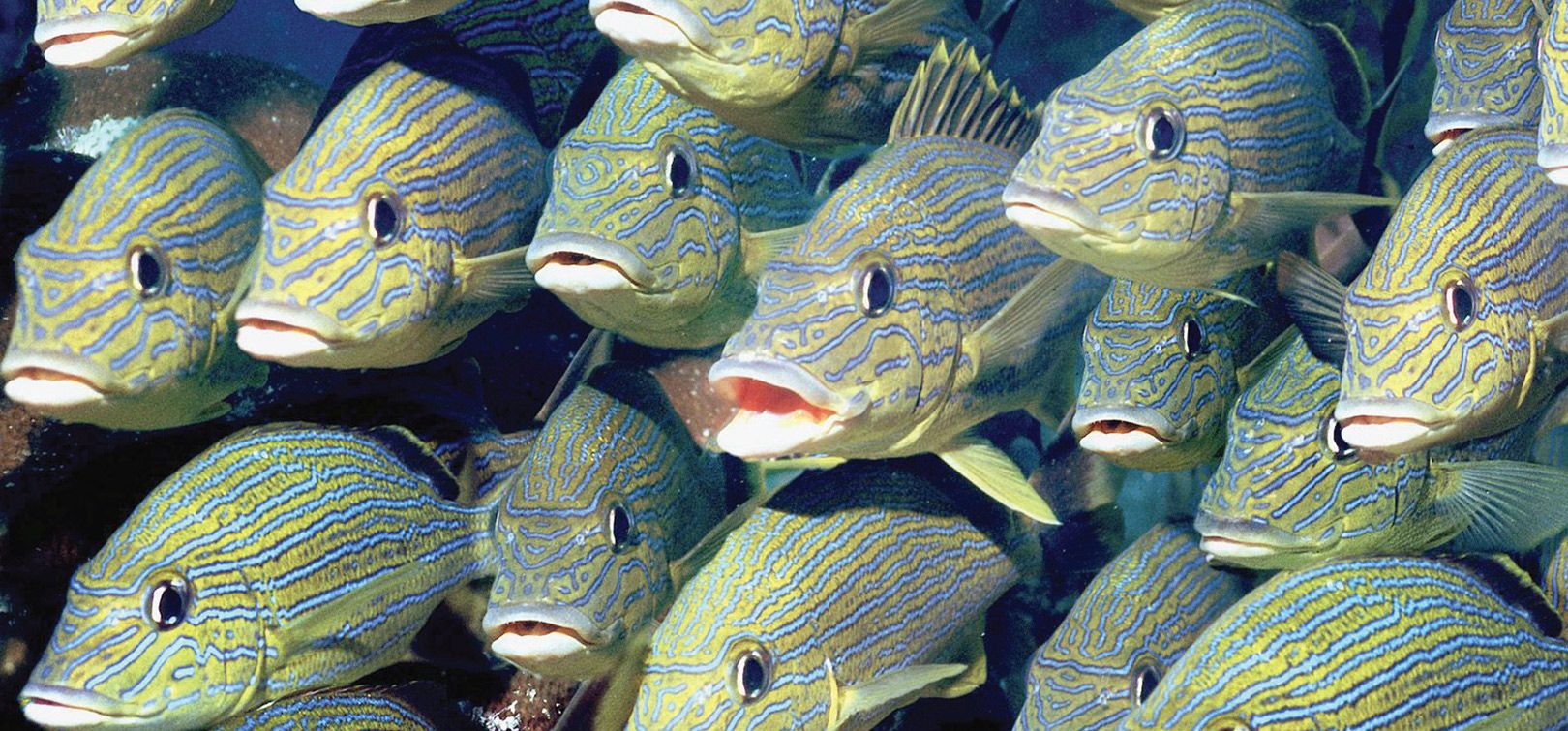
The extracting and processing industry of fishing products is widely and historically rooted in the Atlantic Area countries. Its activity produces a wide range of by-products from many different species in remarkable amounts.
These wrongly classified by-products contain a great amount of bio-molecules and biopolymers which have high potential and are applicable to pharmacology, nutraceutical and biomedicine. Likewise marine organisms generally represent a huge reservoir of molecules and possibilities practically tireless and yet to be discovered. Others such as macro algae have a great potential despite their uneven use and exploitation along the Atlantic Area. Some of their applications are effluent treatment methods, source of biopolymers or food uses.
The under-use of these by-products involves a double end: on one hand leads to a negative environmental impact in many cases –trophic and parasite ecology- and on the other hand means a way of wasting. This is opposite to the official position, which stands for an integral use of resources aiming to their sustainable exploitation. Despite the unquestionable benefits of a higher use of by-products we are still far away from reaching an acceptable valorization rate. On one hand there is a certain logistics trouble as the spreading nature of the origin or the heterogeneous quality. On the other hand the need to promote research is still a key factor to discover and identify the value hid inside those by- products and organisms.
MARMED Project, whose title is Development of innovating biomedical products from marine resources valorization, is more concisely described below. It’s a clear example of collective, interdisciplinary and supranational research at the service of research and industry within this field.
The under-use of these by-products involves a double end: on one hand leads to a negative environmental impact in many cases –trophic and parasite ecology- and on the other hand means a way of wasting. This is opposite to the official position, which stands for an integral use of resources aiming to their sustainable exploitation. Despite the unquestionable benefits of a higher use of by-products we are still far away from reaching an acceptable valorization rate. On one hand there is a certain logistics trouble as the spreading nature of the origin or the heterogeneous quality. On the other hand the need to promote research is still a key factor to discover and identify the value hid inside those by- products and organisms.
MARMED Project, whose title is Development of innovating biomedical products from marine resources valorization, is more concisely described below. It’s a clear example of collective, interdisciplinary and supranational research at the service of research and industry within this field.